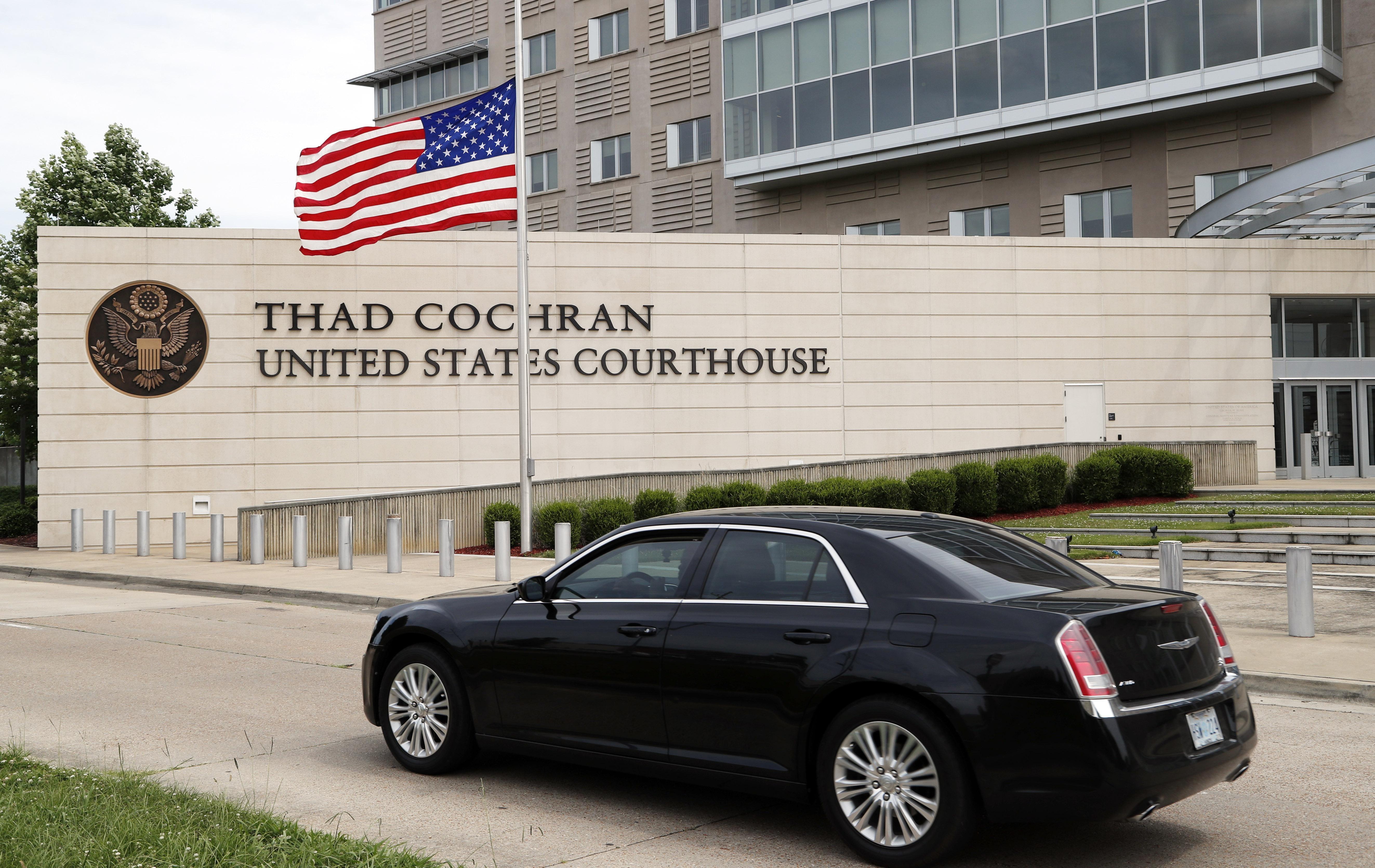During oral arguments at the Thad Cochran United States Courthouse on Tuesday, Ari Savitsky, a Voting Rights Attorney at the ACLU, argued for the plaintiffs that the opportunities for Black voters in those two districts are “illusory.” Savistsky says the candidate Black voters prefer in those districts have about a 50/50 chance at winning, while victory is essentially guaranteed for white voters preferred candidate in the other districts.
“We are not disagreeing to be disagreeable,” Savistsky said. “We're disagreeing because we think that nothing less than a complete remedy to the dilution that we proved at trial is what's required.”
Tommie Cardin, who defended lawmaker's maps on behalf of the Mississippi Election Commission, argued the new maps comply with the Voting Rights Act and that the plaintiffs' alternative proposal showed they want to guarantee the success of Democratic candidates in the new districts.
Pamela McKelvey, a DeSoto County resident and one of the individual plaintiffs, came to Jakcson for Tuesday’s hearing after testifying before the panel nearly a year ago. She whatever the judge’s ultimately decide, she's happy with how the success of the case thus far has inspired Black voters back home.
“This kind of stuff creates more engagement where they feel like, hey, somebody is fighting for me, my vote does matter and this is how we work towards a more equitable future.” McKelvey said.
U.S. Fifth Circuit Court of Appeals Judge Leslie Southwick and U.S. district court judges Sul Ozerden and Daniel Jordan III make up the panel. The judges did not say on Tuesday when they would issue a ruling, but it is expected before April 25, when the new maps and voter rolls are set to be delivered to local election officials so they can begin to prepare for November special elections.
The judges could approve the maps being challenged, or order the adoption of alternate maps proposed by the NAACP.




